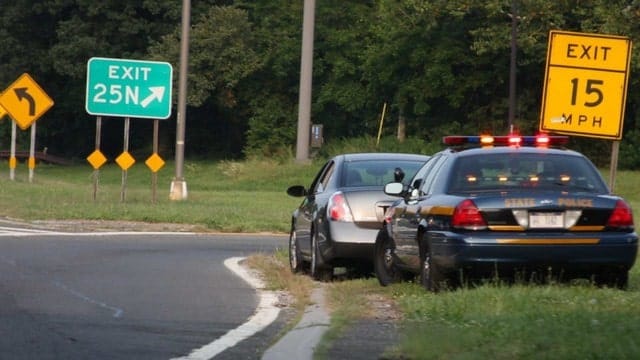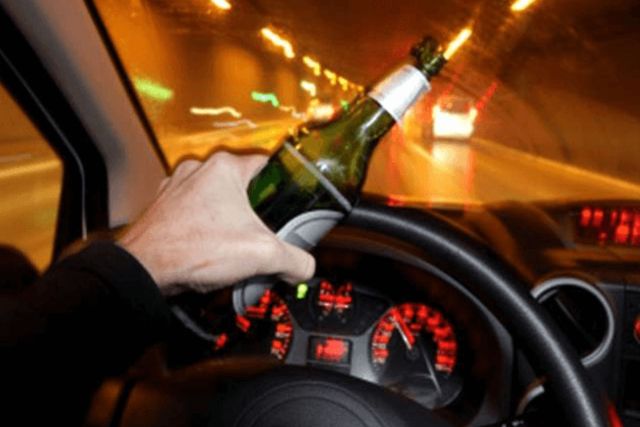












Job Stability and DUI Convictions
A DUI conviction is more than a legal hurdle; it’s an albatross that can weigh heavily on one’s professional life. Imagine the shock and disruption when a routine background check reveals a blemish that could tarnish your career prospects. How often do individuals consider the ripple effects of a single impaired driving incident on their job stability or upward mobility? It’s a striking realization that a lapse in judgment can have such enduring consequences.
Maintaining current employment or securing future opportunities with criminal convictions on your criminal record can be challenging. Studies indicate that employers are increasingly cautious about hiring candidates with a criminal history, with a DUI raising valid concerns about reliability and decision-making skills—traits critical in any field. This intersection of criminal law and employment underscores the need for seasoned legal guidance.
At the Missouri DWI & Criminal Law Center, we understand the gravity of the situation and the urgency to protect your professional interests. Whether it’s mitigating the impact on your current job or navigating the challenges of job hunting with a DUI on record, the need for clear, informed, and strategic legal assistance is paramount. Let’s explore how a DUI can affect your career and how our experience in DUI defense can become your strategic advantage.

Consequences of a DUI Arrest
Upon a DUI arrest, individuals often experience an immediate suspension of their driver’s license, making it challenging to commute to work. This loss of transportation can threaten your job stability, especially if timely attendance is nonnegotiable. In addition to affecting your job, losing your driving privileges can majorly impact your daily routine.
The legal process following an arrest is daunting and impacts your professional reputation. Occupations that necessitate driving, such as commercial drivers, are at greater risk. Even a single DUI arrest can tarnish your credibility in these sectors. If you’re entrusted with a company vehicle, consider the policies in place. One’s ability to drive a company vehicle can be compromised, restricting career progress and performance.
For those holding or pursuing professional licenses, even a misdemeanor DUI arrest can evolve into a serious obstacle. Disclosures and legal mandates vary across fields, but the message is clear: a mark on your criminal record has the potential to limit opportunities and advancement.
Protecting Your Professional Reputation

A momentary lapse can indeed tarnish your career indefinitely. This chilling reality is brought to the doorstep of your professional life by a DUI charge. Paving the road to redemption requires a meticulous strategy, aligning actions with intentions to safeguard the legacy of your work.
Immediate Steps
As a first step, you can take the following steps:
- Review: Assess the implications of the charge on your career.
- Disclose: Communicate transparently with your employer where required.
- Legal Counsel: Seek professional advice to navigate the repercussions.
The path ahead demands a stout defense, fortifying your professional image with the stature of legal experience to contest allegations effectively. This crucial step can prevent the domino effect that a DUI conviction might trigger, impacting your current position and future opportunities.
Long-Term Initiatives
There are more long-term initiatives you can take, including:
- Networking: Strengthen professional relationships to offset potential biases.
- Personal Brand: Elevate your marketability through continuous learning and public speaking.
- Mental Toughness: Cultivate the resilience to overcome stigma and rebuild your reputation.
A charge doesn’t have to signify the end of your professional journey. Through thoughtful preparation and diligent action, the shadow cast by a DUI can be lifted, allowing the paths of opportunity to emerge once more. Lean on the guidance of those who have navigated such tribulations, and let them help safeguard your professional standing from the looming storm.
How Missouri DWI & Criminal Law Center Can Help
Facing a DUI charge can throw your professional life into turmoil. It’s natural to feel concerned about a DUI’s repercussions on your job. At Missouri DWI & Criminal Law Center, we are dedicated to helping safeguard your career.
- DUI Charge Disputes: Our experienced criminal defense attorneys meticulously analyze the details of your case, exploring all avenues for dispute that could lead to a reduction or even dismissal of charges.
- Client Testimonials: We pride ourselves on our track record of success. Numerous clients have experienced positive outcomes, and their testimonials reflect our commitment to formidable defense strategies.
- License Protection: We understand the importance of your driving privileges in maintaining your employment and strive to prevent license suspensions.
- Court Representation: With our wealth of experience, we’ll provide you with representation aimed at achieving the most favorable result, comprehensively preparing for each court appearance.
- Negotiations: If a plea bargain is the best course of action, we will negotiate terms focused on minimizing the impact on your employment.
- Post-Conviction Support: Should a conviction be unavoidable, we assist with expungements and other legal avenues to lessen long-term consequences.
We extend a hand of extensive legal experience to uphold your professional interests. We encourage you to contact us, as early intervention can be crucial in DUI cases. Our skilled criminal defense lawyers are prepared to fight diligently for your rights and your career.







